By Liz Jang
“Black history happens every day,” Resident Life Coordinator Michael Hunt said to the listeners of his KDIC radio show “Off the Clock.” This week, Hunt and fellow Resident Life Coordinator Arrion Dennis directed their show’s focus to the importance of Black History Month and its connotations in Grinnell.
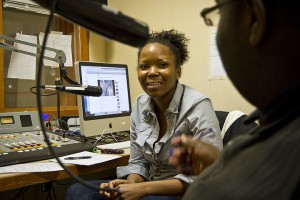
Streaming songs like India.Arie’s “I Am Not My Hair” and Lauryn Hill’s “Doo Woop (That Thing),” the hour long show was peppered with many of the modern canonical tunes of African American music, which outlined the broader issues concerning race relations in Grinnell that Dennis and Hunt addressed.
A segment of the show was also dedicated to commemorating some of the less well-known heroes of black history.
“We have a month to salute and recognize black history because we’re not in all the textbooks. Classrooms go right to the Civil Rights movement—Dr. King, Rosa Parks and a few other key folks and that’s it,” Hunt said. “But you don’t hear about those who stood by Dr. King during the ‘I Have a Dream’ speech, or spoke before him. It’s a month where we take a moment to think about that, but it’s also a reminder that this stuff happens everyday. We are overcoming challenges and have overcome challenges everyday.”
As the radio hosts spoke briefly about a few important events in black American history, it became clear that they were calling for the campus to view black history not as a divider, but a unifier—not merely a statement of the past, but an inspiration for change in the present.
“NAACP was founded by a group of black and white activists. For those of you in Grinnell-land who want to be part of the NAACP, we have a college chapter here,” Hunt said. “They are accepting memberships for anyone who wants to be involved. Colored people come in all different shades.”
“In 1960, four African-American college students held a sit-in to integrate Woolworth’s lunch counter in Greensboro, NC, and that helped launch the waves of protest that took place in the South,” Dennis said. “So for all of y’all who think you need to wait ‘til after graduation, or that you need to be in a better place or at a better time to affect change, that is not the case. There have been many College students in Younker who’ve been able to launch that process to do great things and I want y’all to heed that.”
Dennis and Hunt both emphasized Grinnellians’ potential for social impact, but also noted that lack of cohesion and discussion serve as barriers for effective change. Dennis believes that the most powerful means of affecting social change is to first stand together.
“I think working together to find a solution is the most important thing,” she said. “We’re all in this community together—students, faculty and staff. So we have to work together to face problems, and do it united, to create change or to change policy.”
Hunt wondered if this unity is difficult to achieve because of a lack of open dialogue on campus.
“We don’t think the best of each other,” he said. “But because people aren’t having mature dialogue over whatever the issues might be, then it becomes this distant separation. I think that has a lot to do with why we can’t work together sometimes. In order to work together, like Arrion [Dennis] said, it takes trust.”
In a later interview, Dennis considered this imperative on unity and trust in the context of Black History Month.
“I think if there’s one thing to take from Black History Month, it’s to not just let diversity be such a buzzword. Not just let it be something that we talk about but something we actively celebrate,” she said. “Maybe one day we’ll get to a point where we don’t need a month. That we won’t need to assign 28 days to celebrate one culture and the next 30 to celebrate another, maybe one day it’ll be engrained in society. Our celebration of difference, and what we can all bring to the table is something I hope is engrained in our society one day. It starts with Grinnell. It starts with students being proactive, thoughtful and intentional.”
As Dennis and Hunt wrapped up their thoughts on Black History Month, Hunt challenged the Grinnell community to get involved in social activism.
“Every great movement started with the college students,” Hunt said. “It started with youth. I’m thinking of the sit-ins during the civil rights movement. I’m talking about the changes in Egypt and Tunisia. It’s something about students galvanizing. What is your legacy? What do you want to be known by? What are you doing to make that happen? This is the time and place to do that. You only get one college experience.”
After an hour-long show, “Off the Clock” concluded at 10 p.m. Monday night with Emmy winning music video “Yes We Can,” put together by will.i.am.
“If you’ve been needing inspiration,” Hunt said, “Bam! There it is. As you write your papers tonight, yes we can. We got seniors here who are graduating. Know that you stand on the shoulders of folks in our African American community. You stand on the shoulders of giants. You are our stars. You rock, as our students and our leaders.”
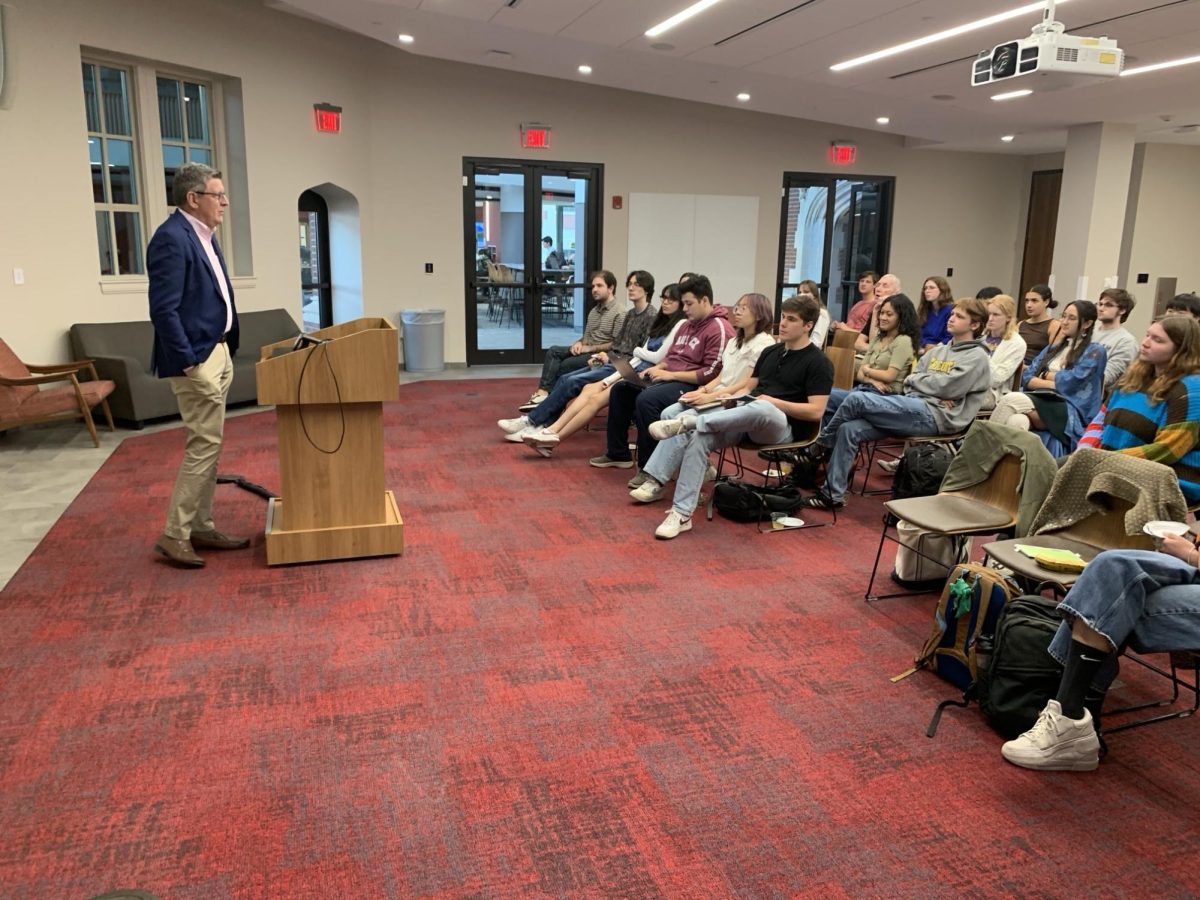

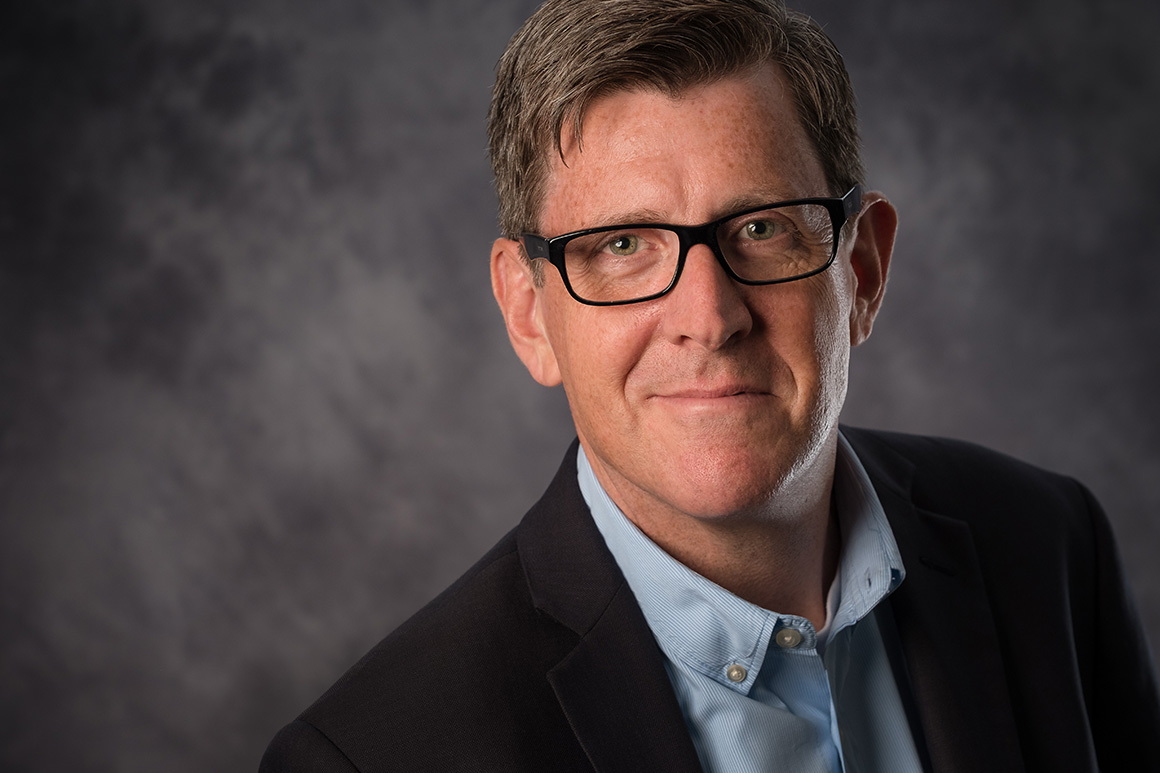
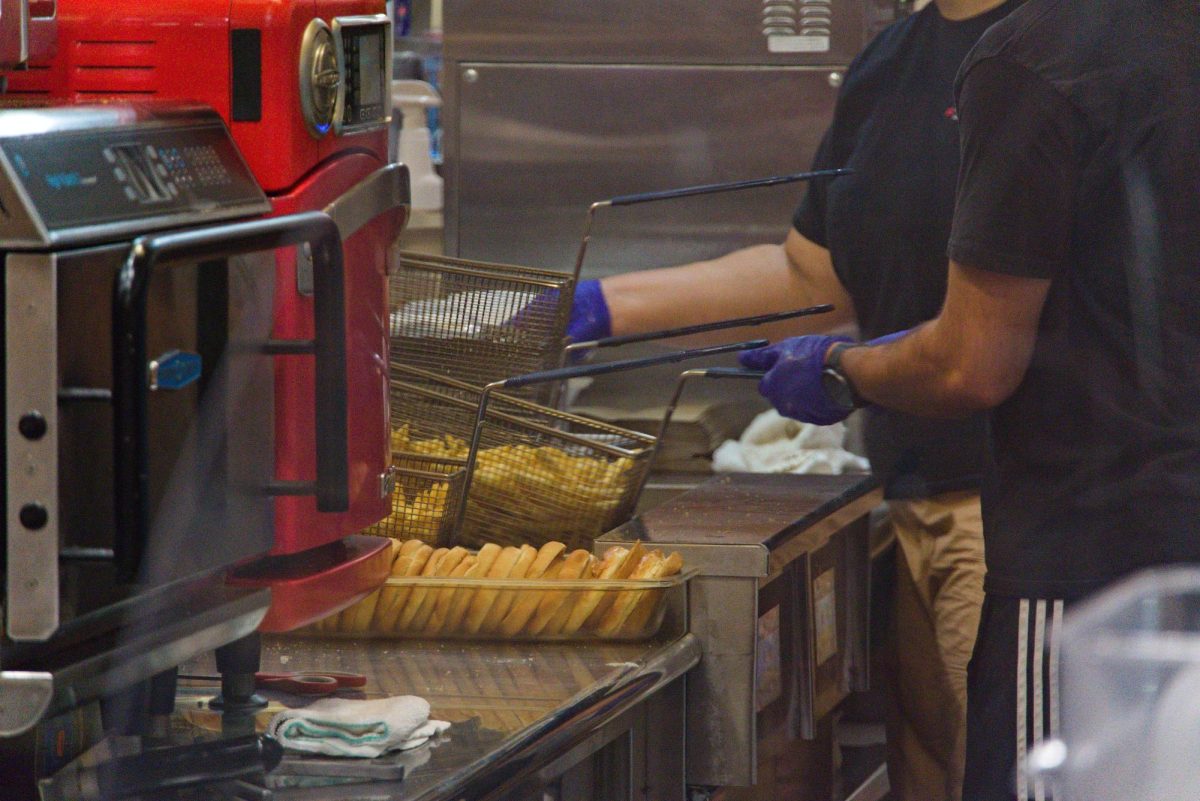
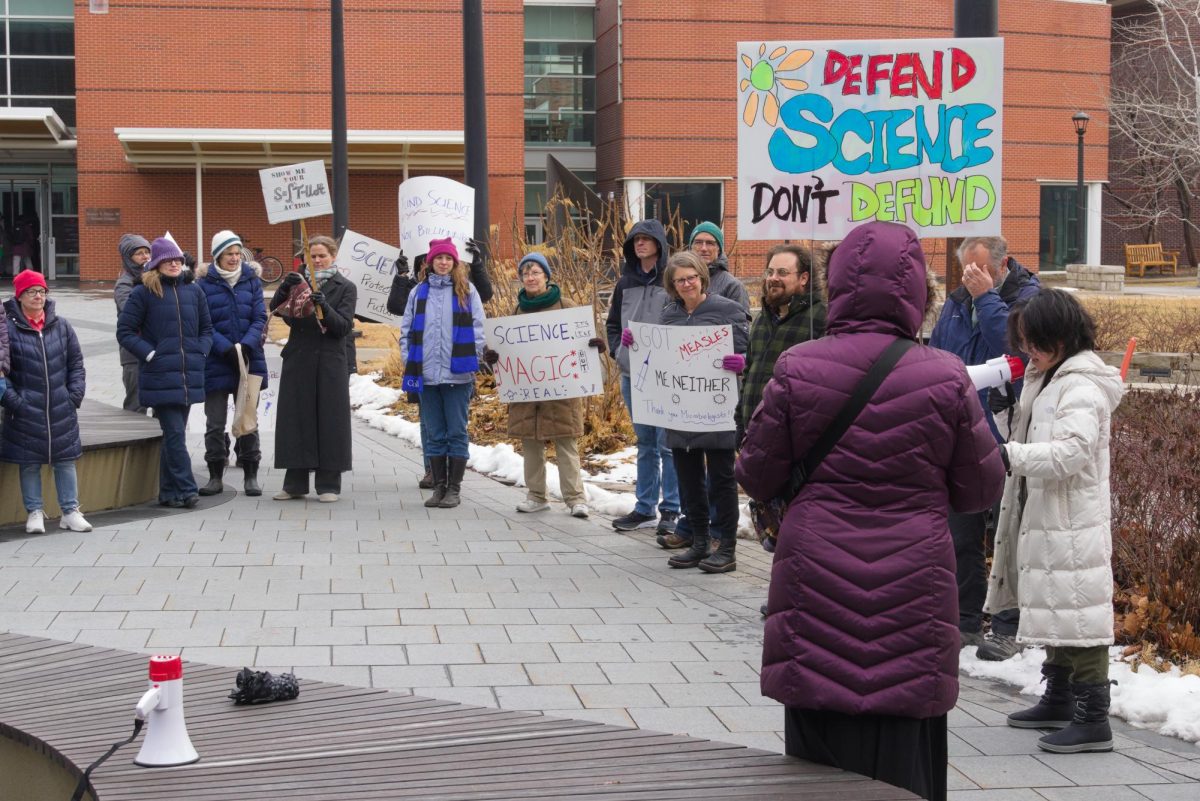
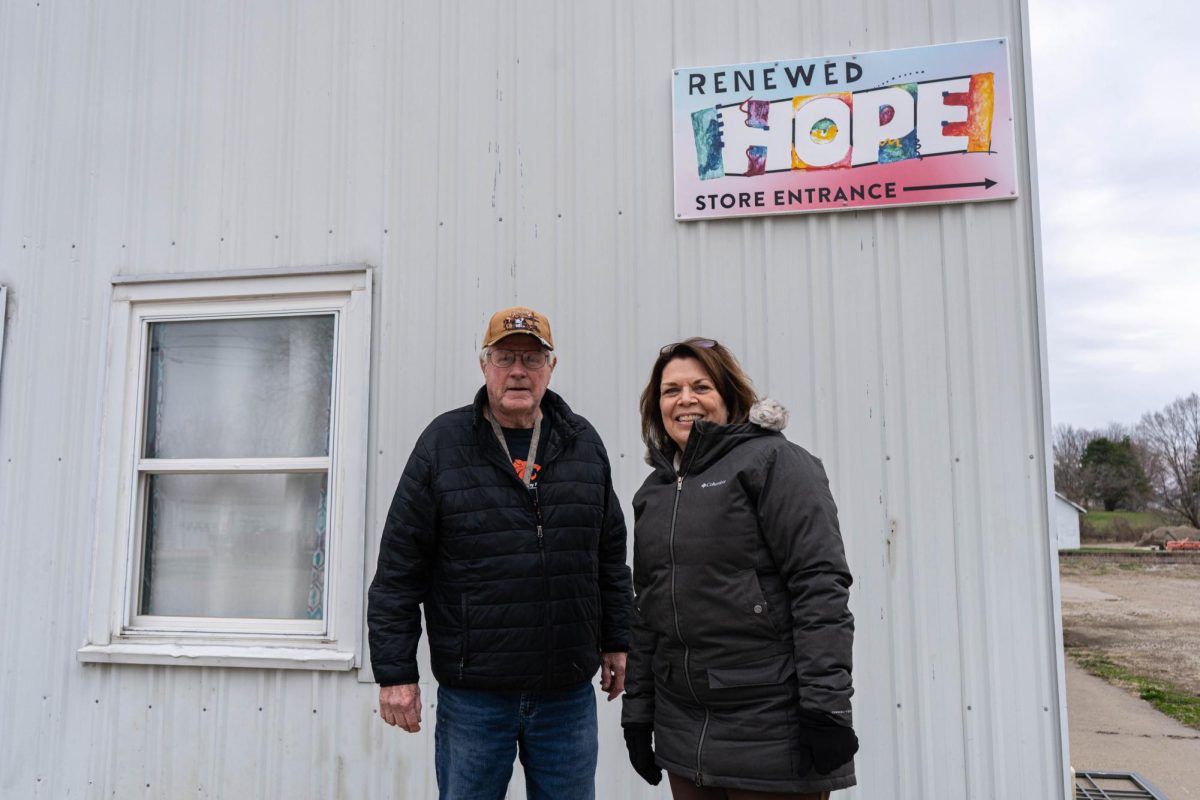
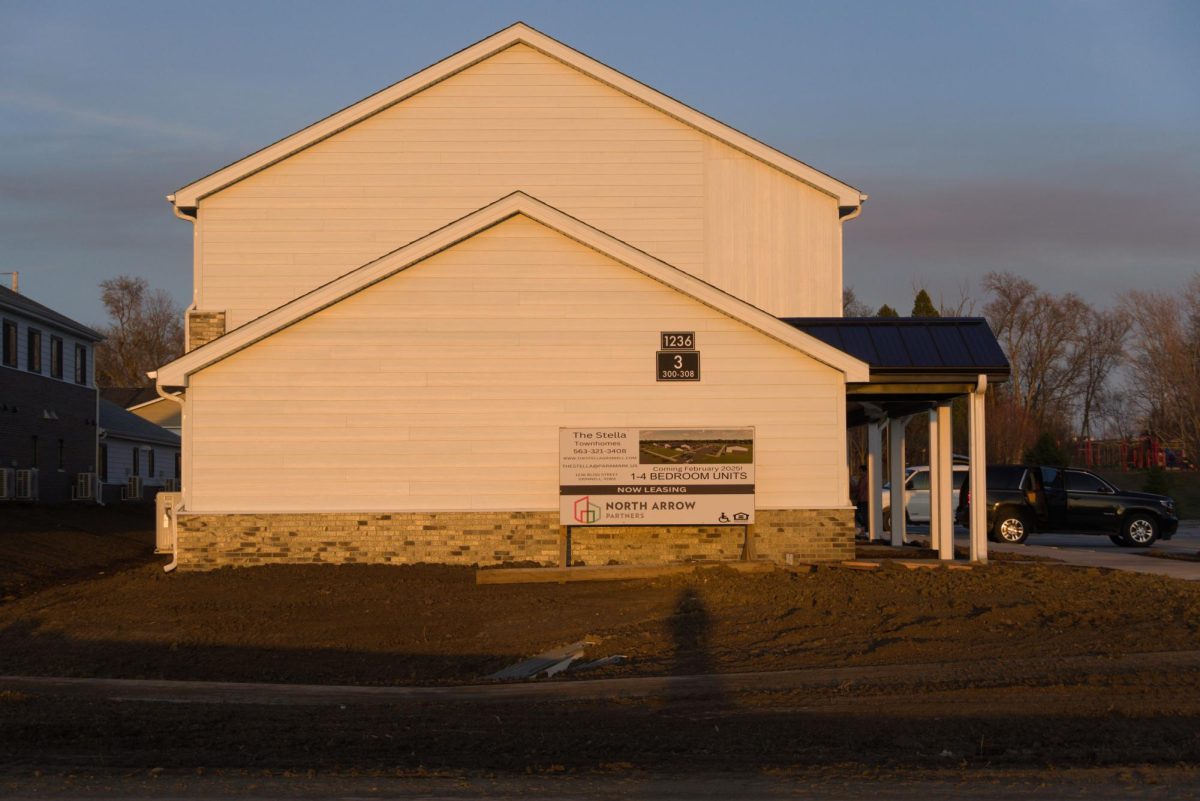
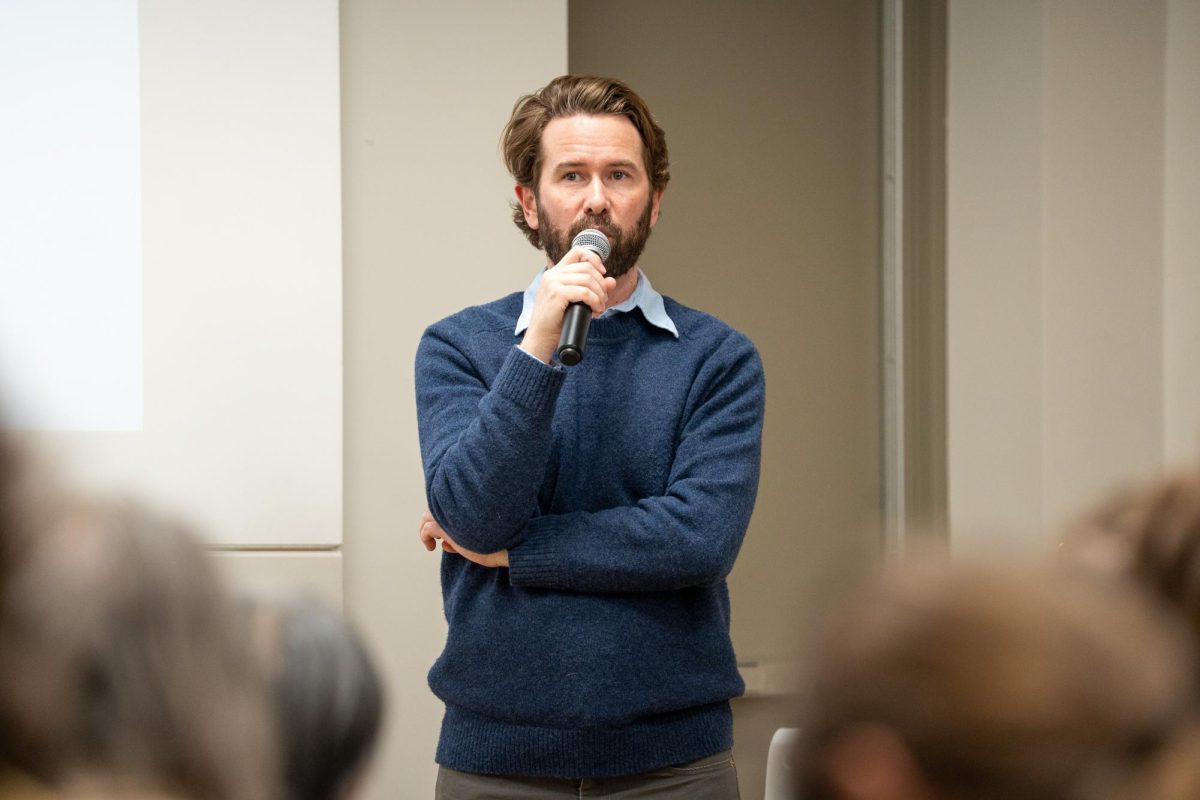
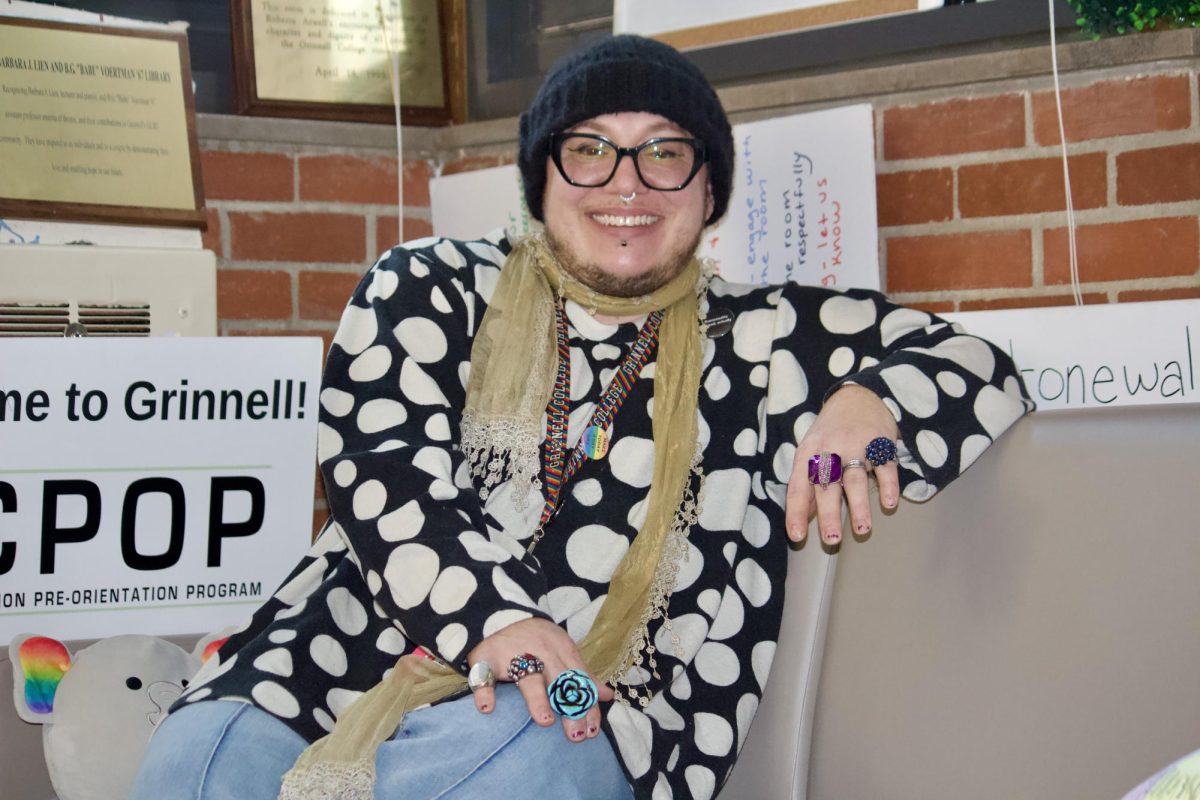

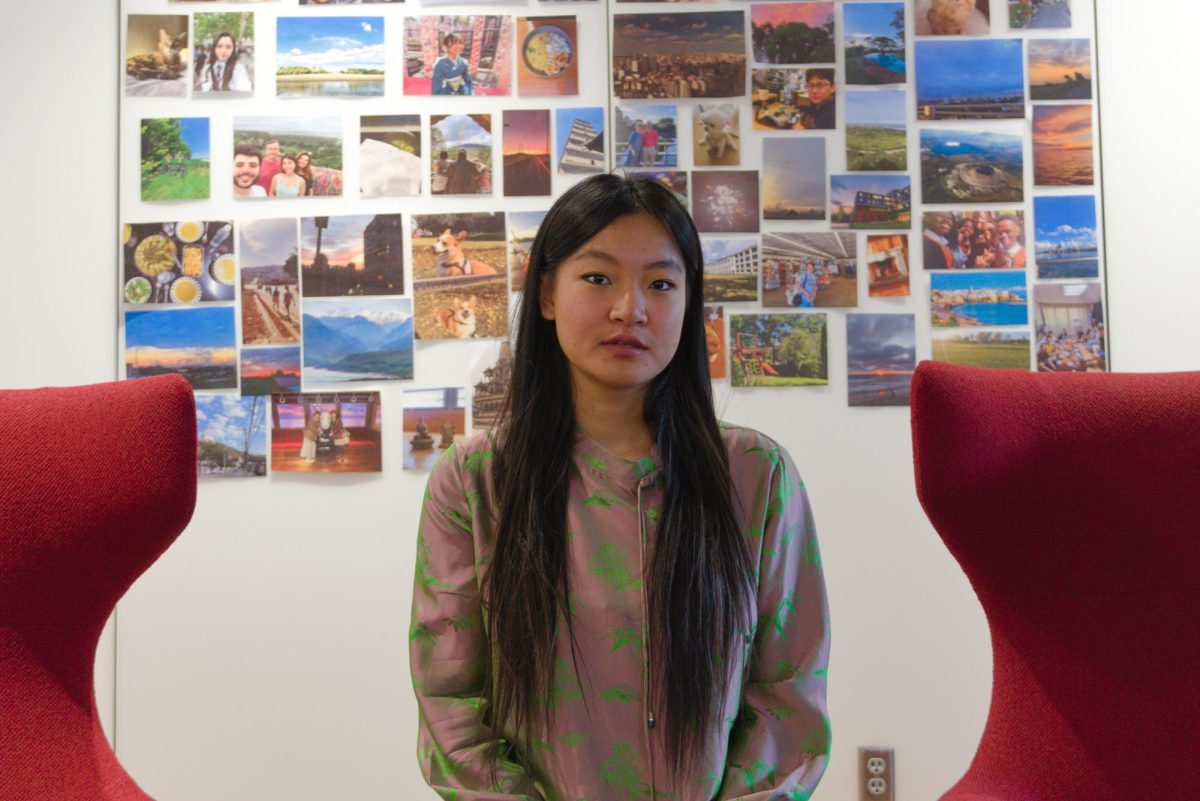
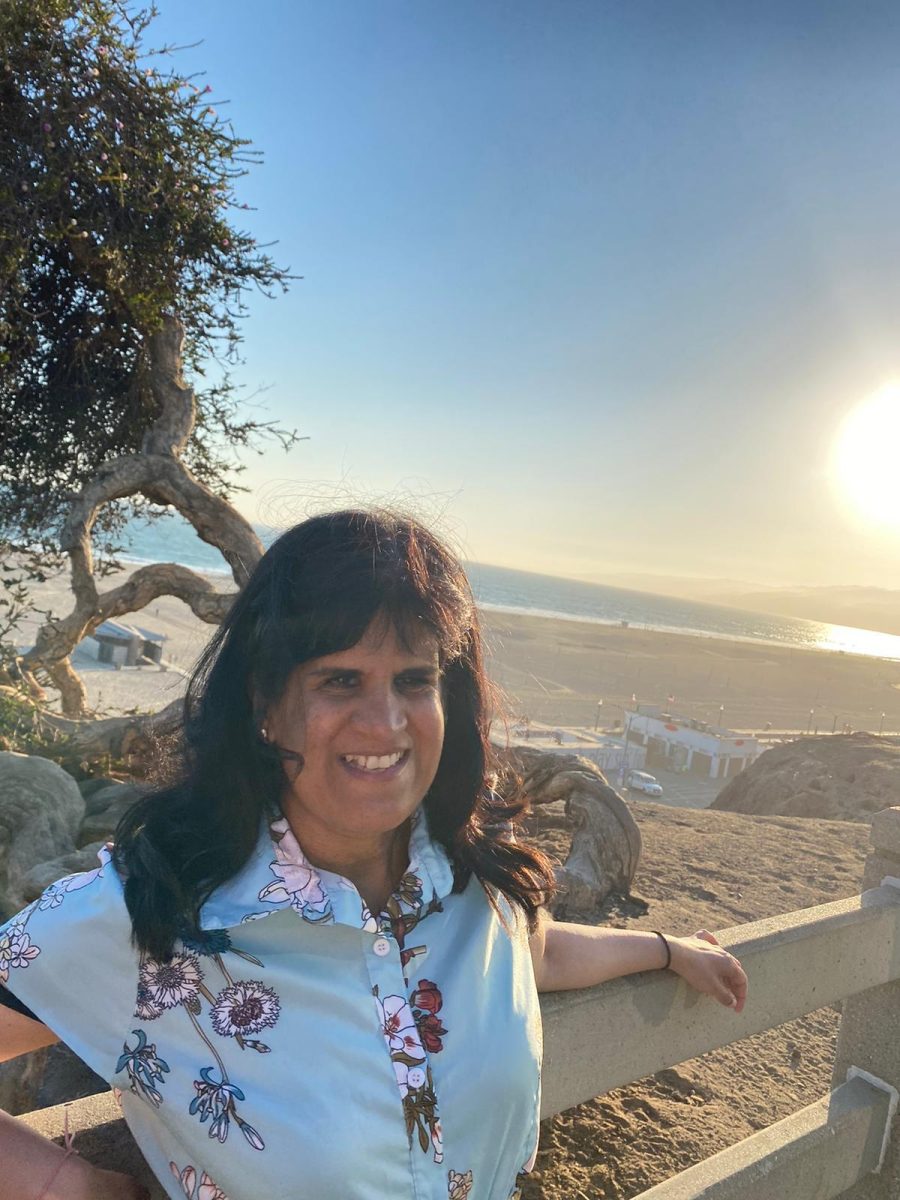
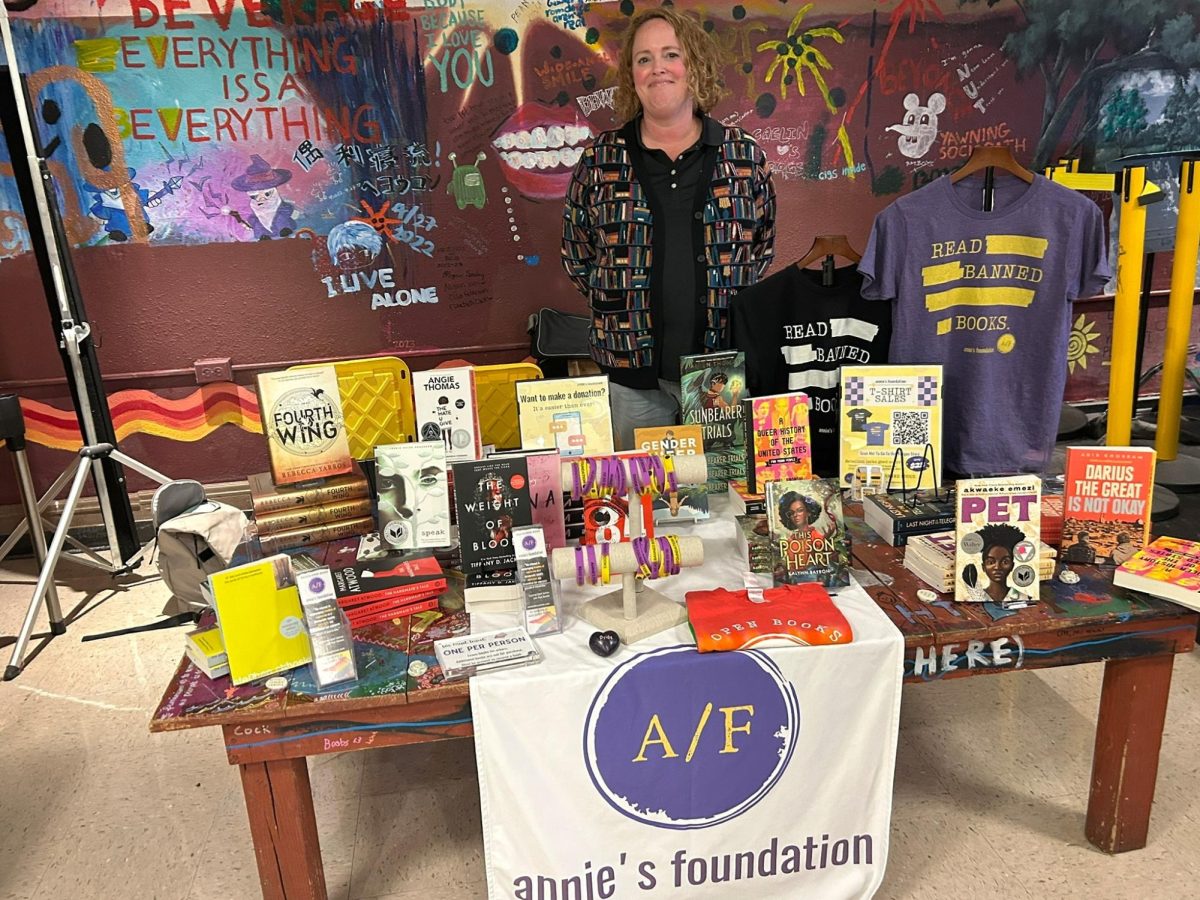
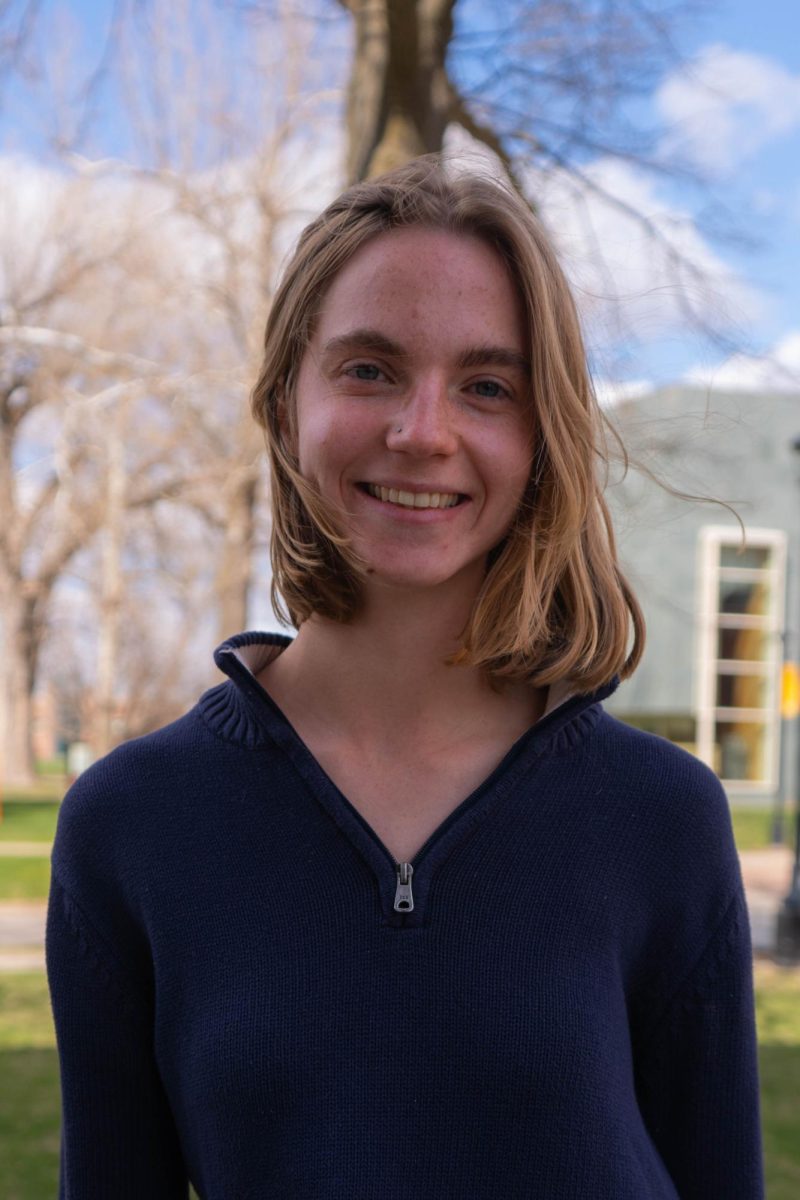
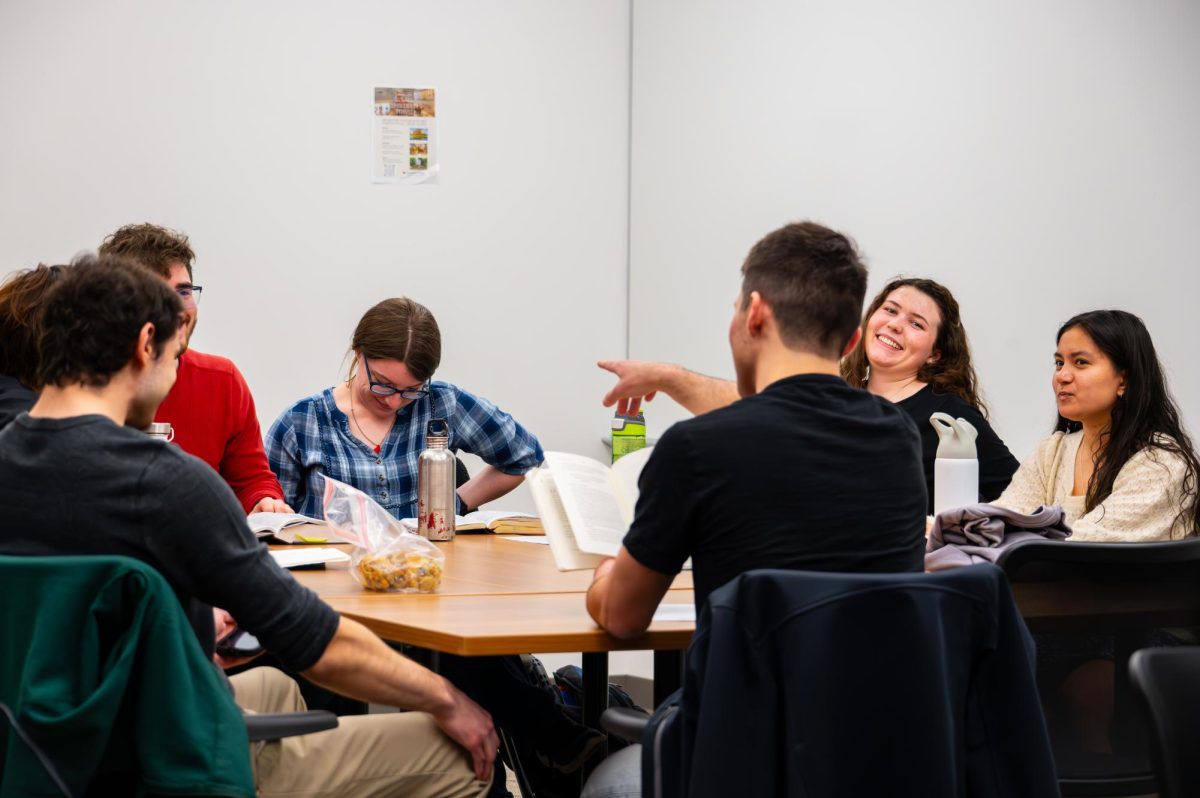
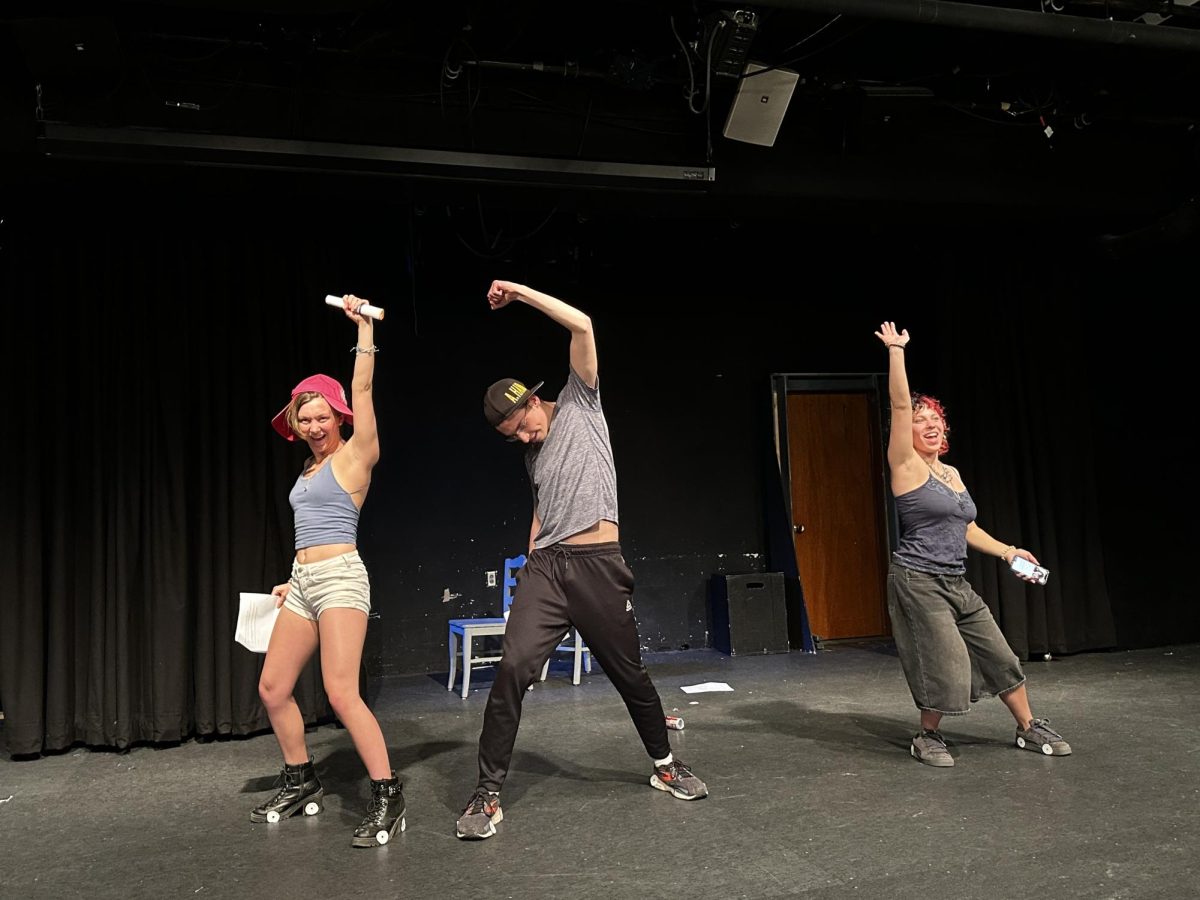
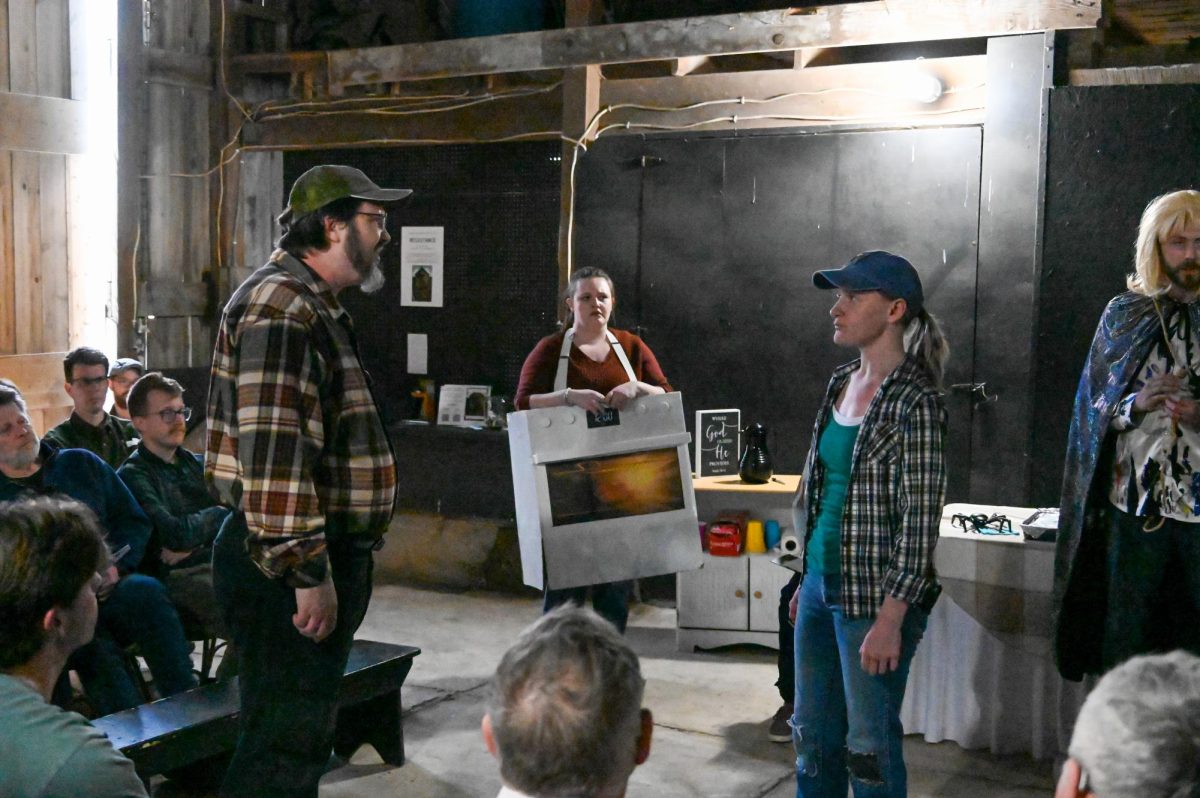
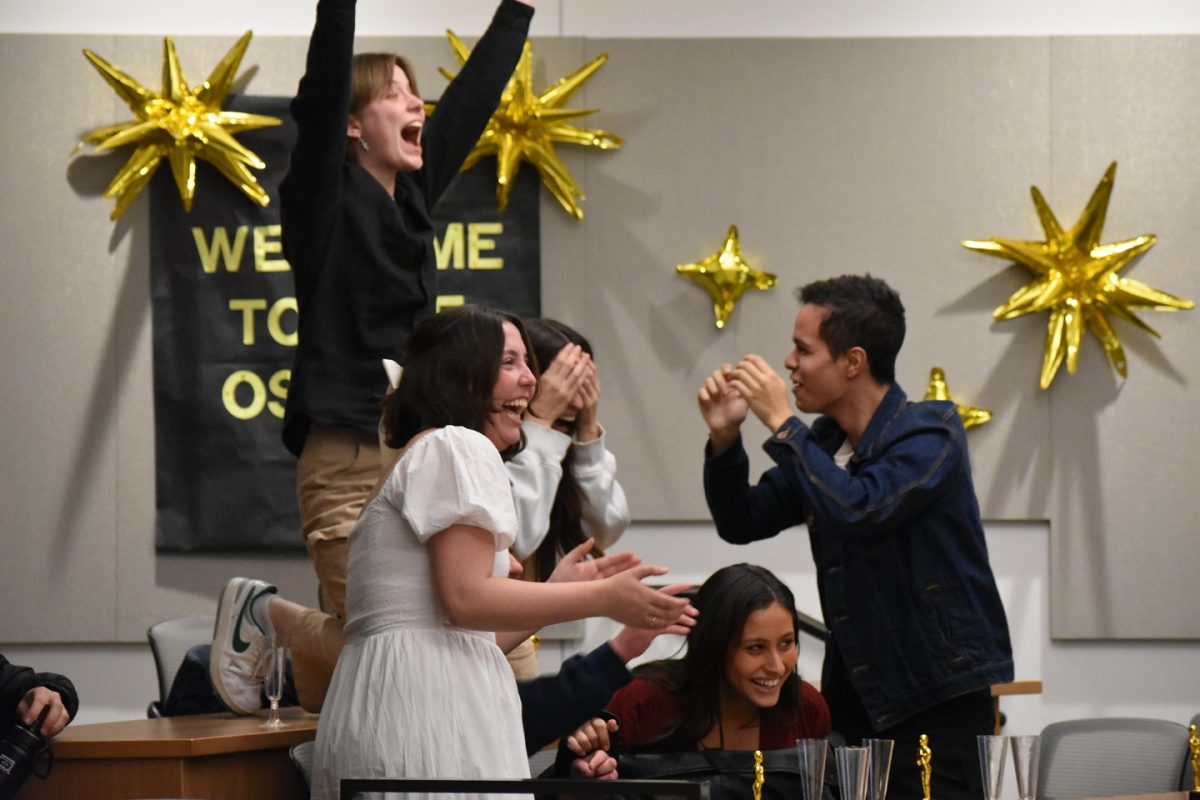

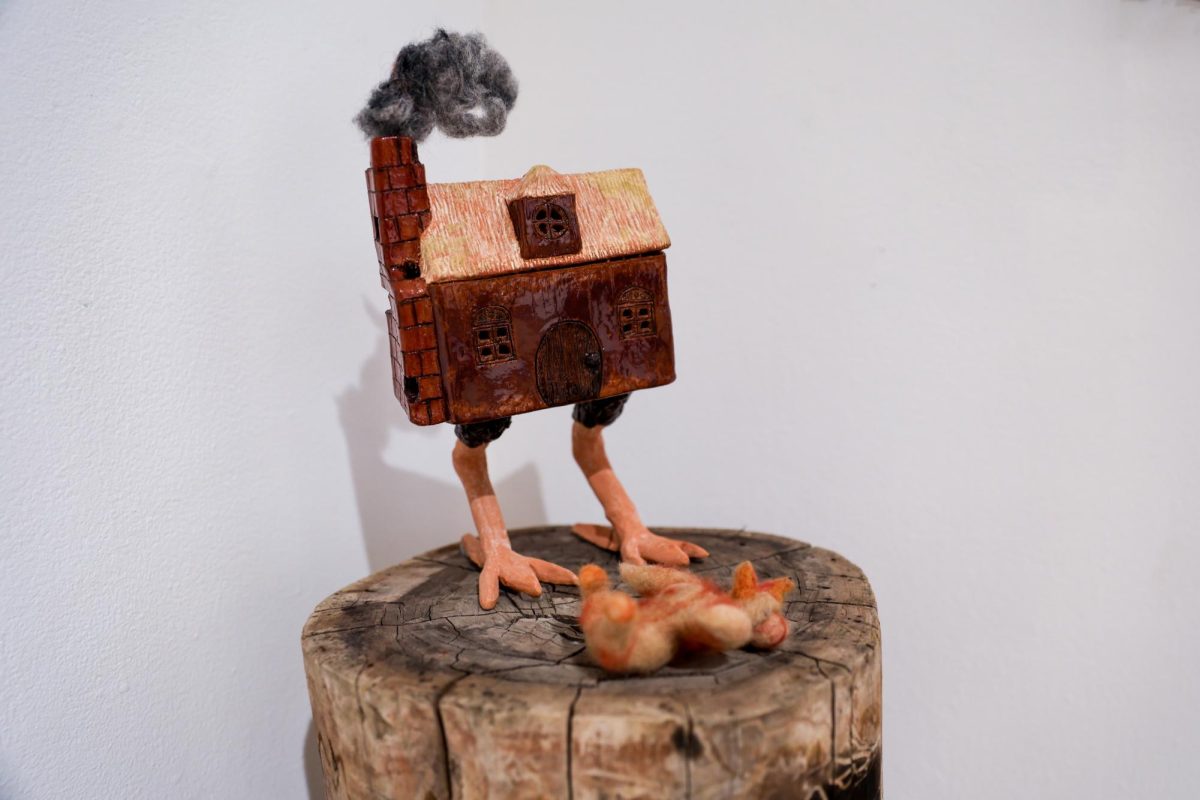

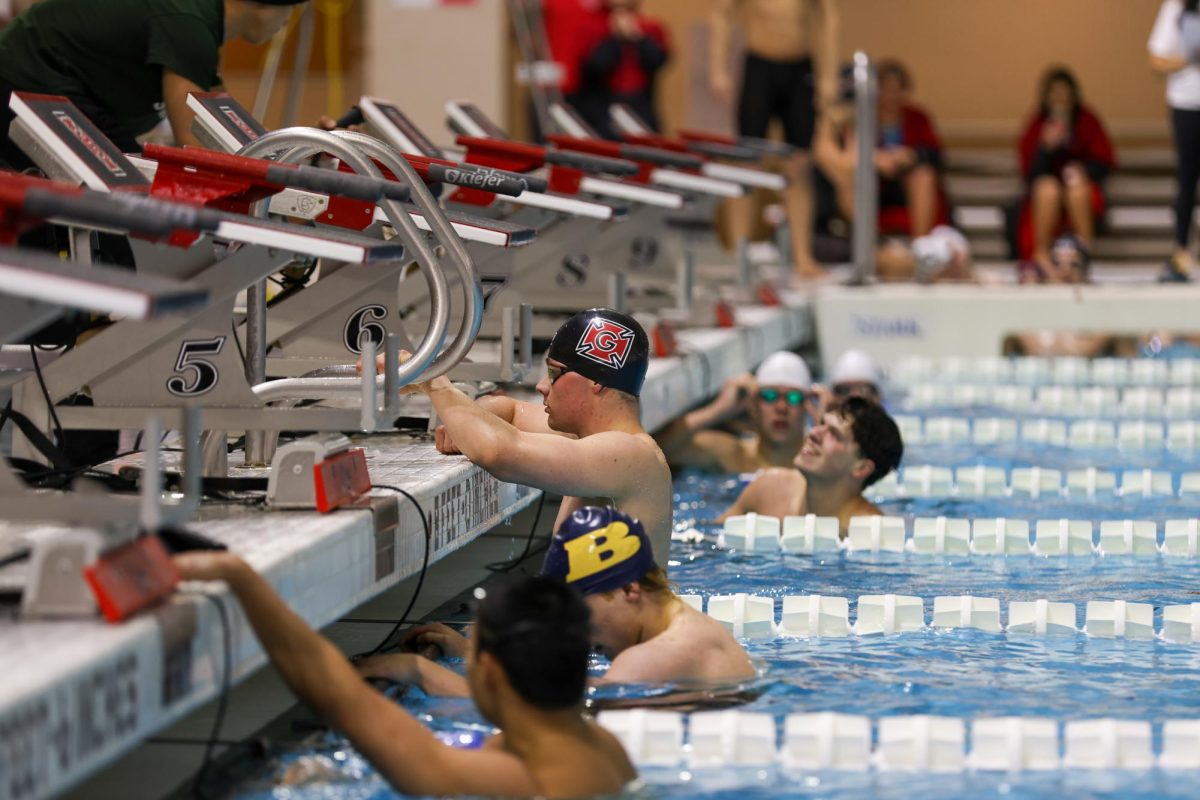
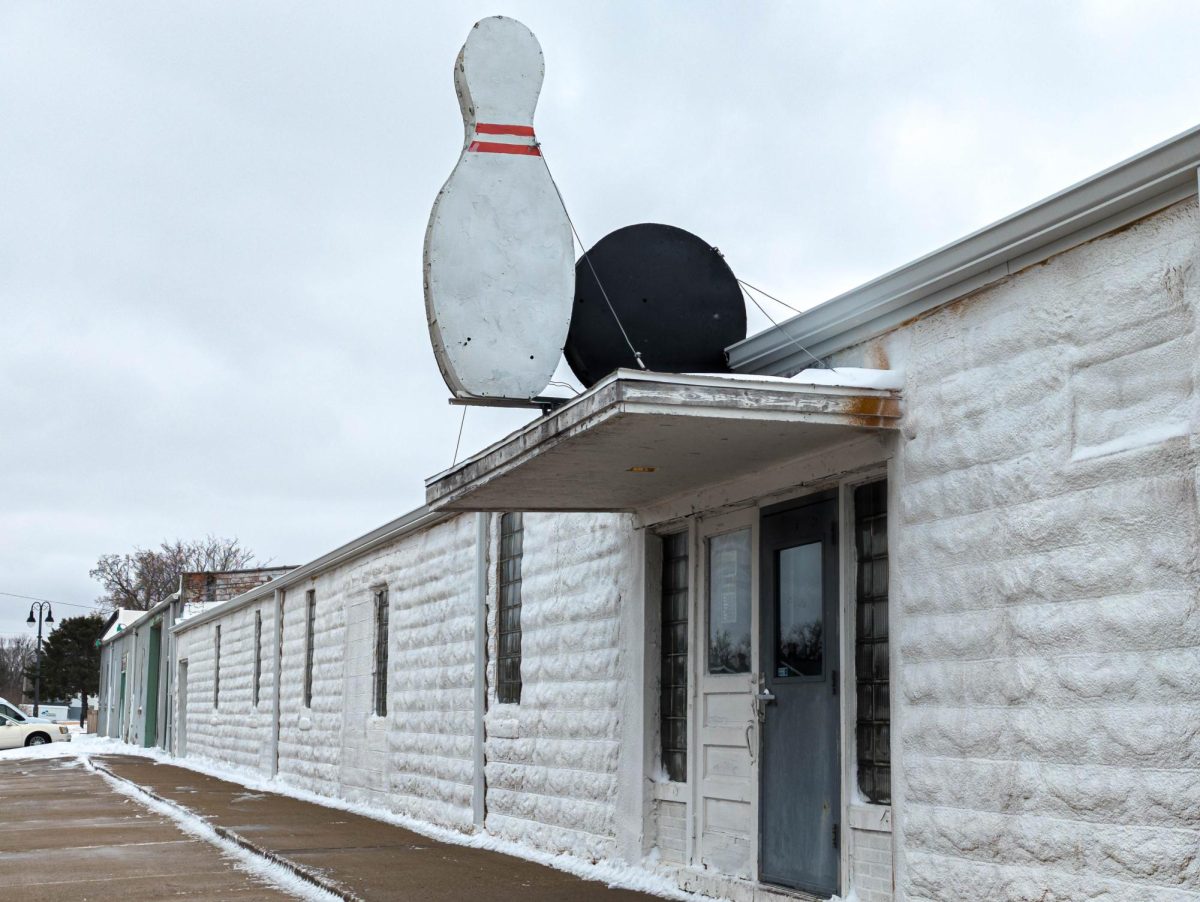
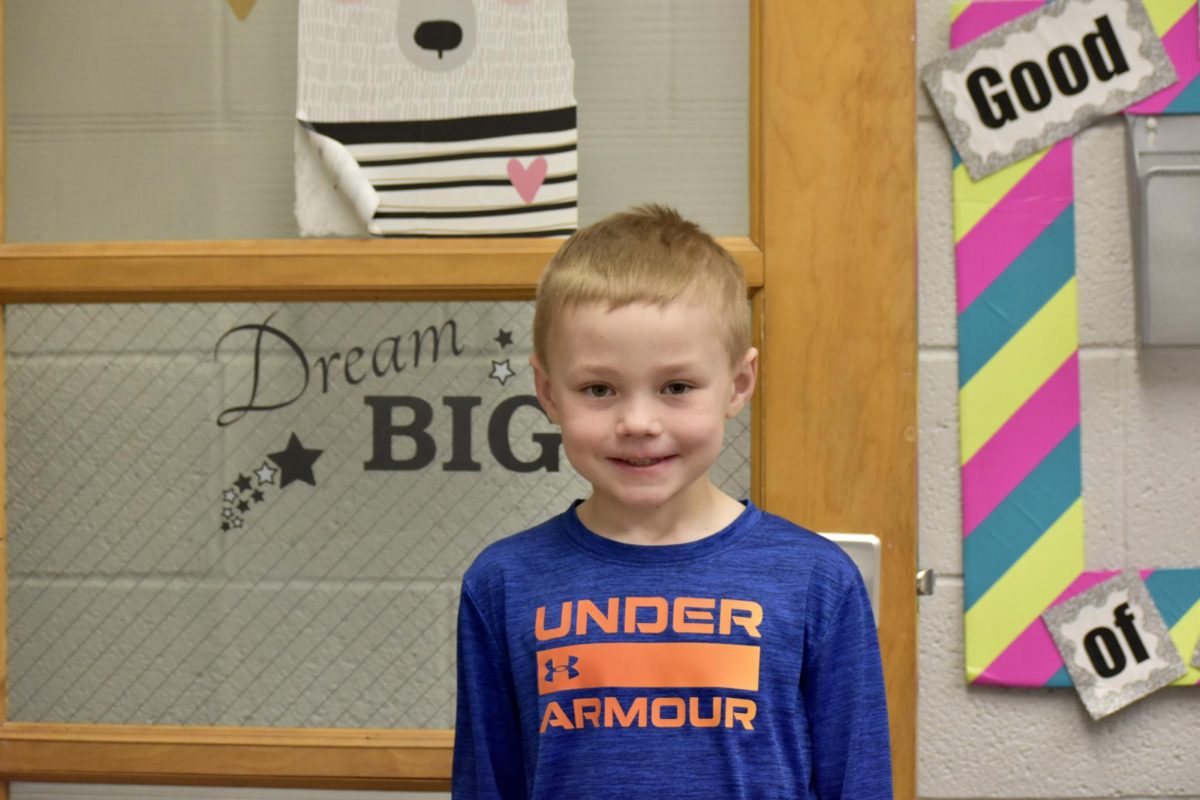
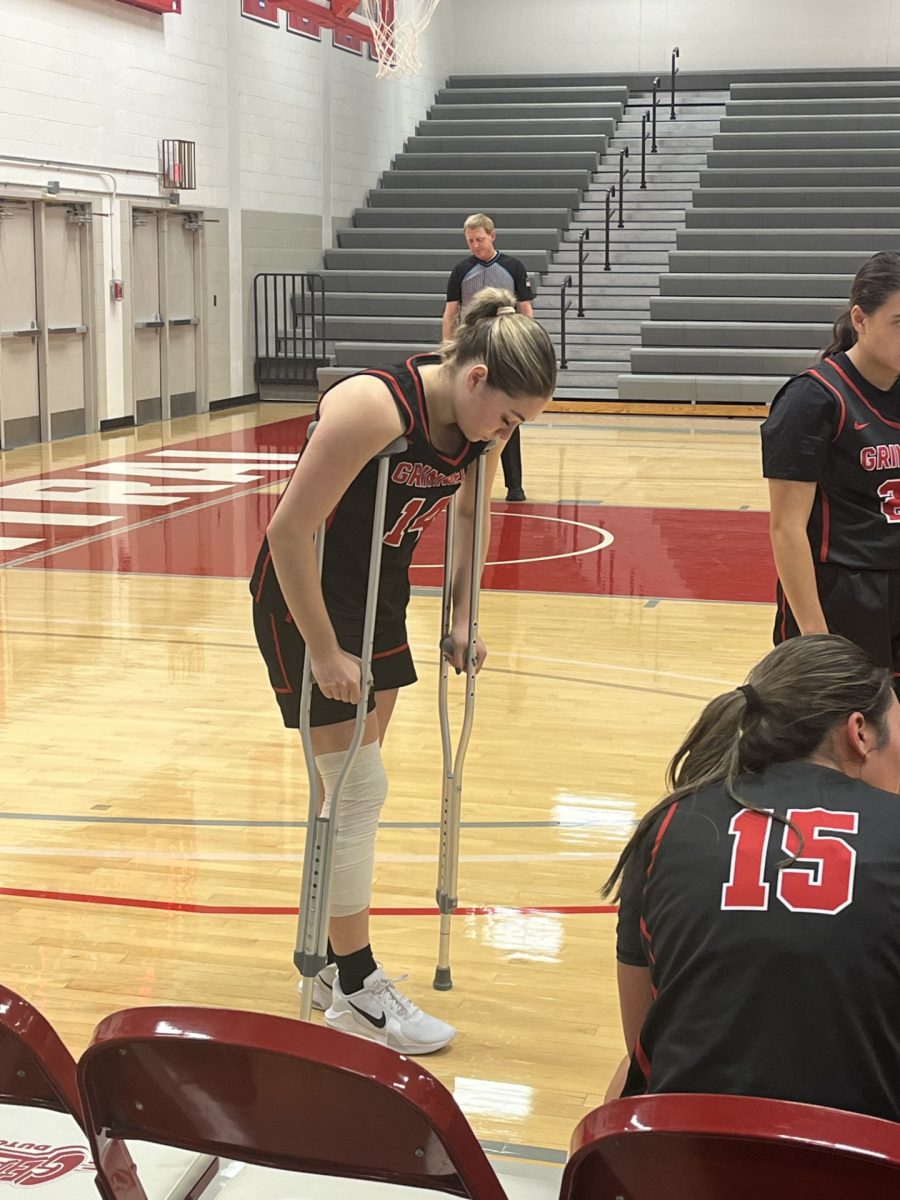
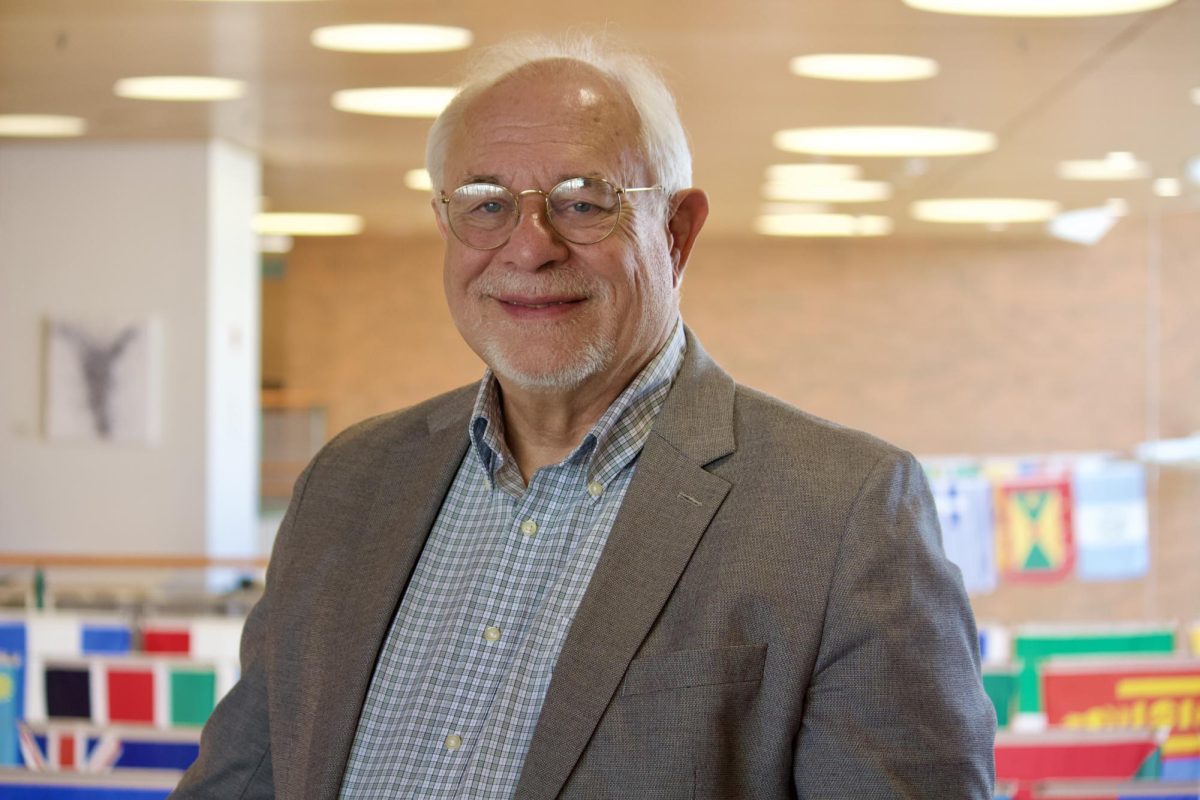
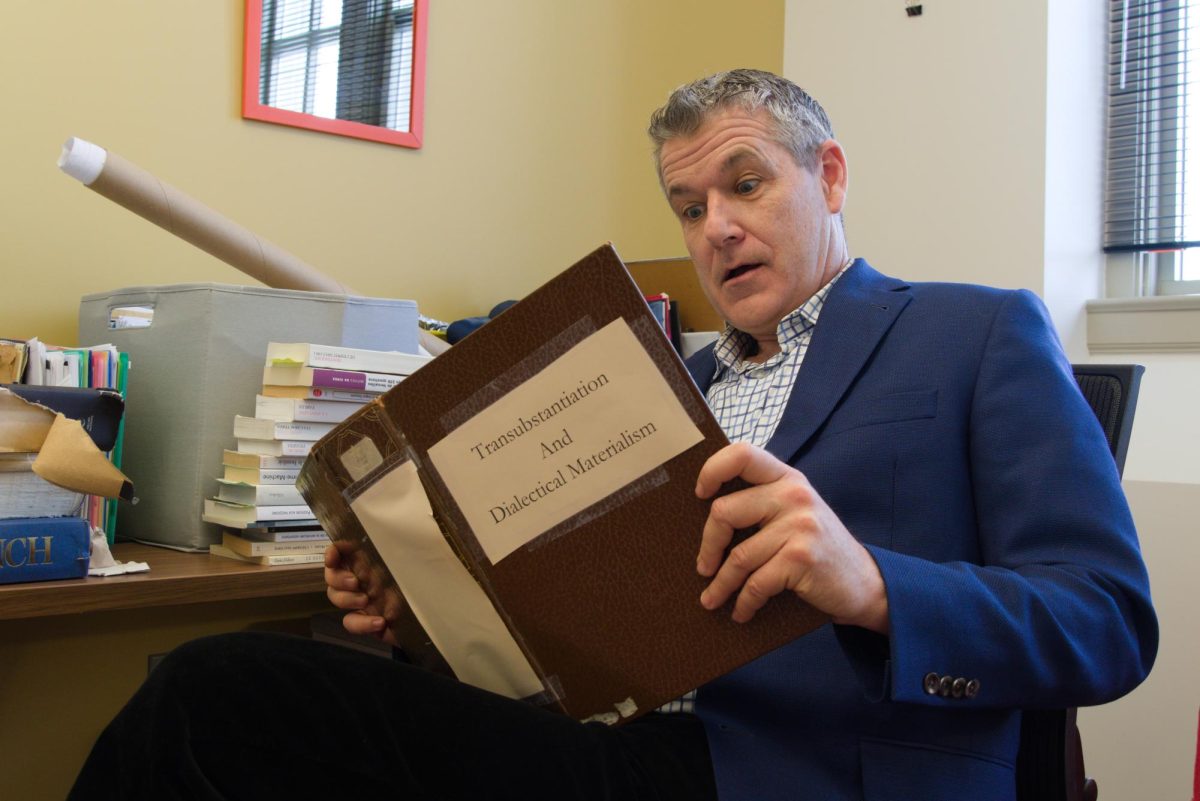


























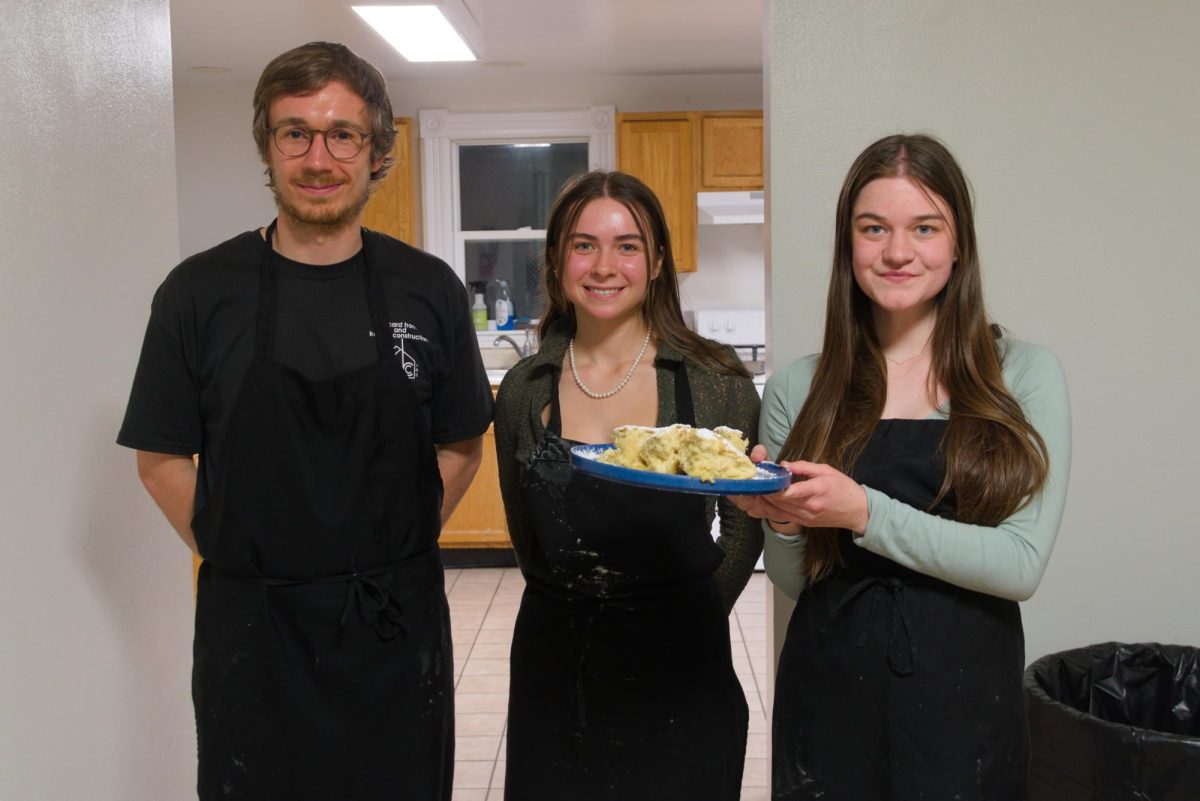





slynne • Feb 25, 2011 at 10:55 pm
The truth is the light and this is a message that needs to be shared with the world. Thanks for sharing and let me know when we can tune into the station on mondays.